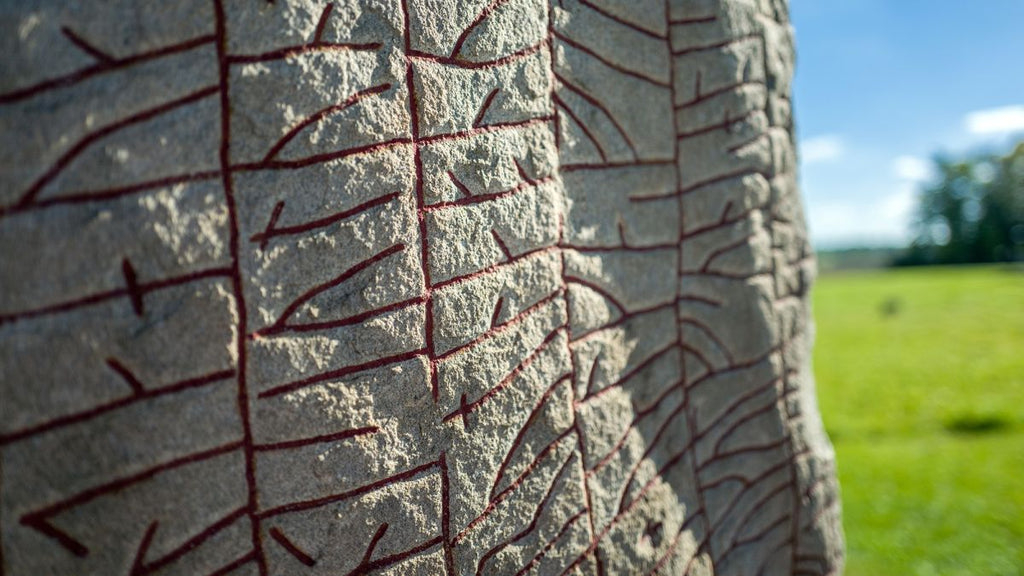Viking Runestone Might Mention Climate Change
By far, the Rök Runestone has excited the Viking enthusiasts when the archaeologists started studying the stone. According to research, the Rök stone might have mentioned how the climate had changed in the Viking Age.
The Viking Rök runestone has become among the most famous Viking stone left on earth. It was raised in the ninth century during the glory of the Viking Age, near Lake Vättern to the south of Sweden. Viking Rök stone has the longest runic inscription ever found on the stone, about 700 runes.

The longest runic inscription ever found on Earth
The stone was erected in memorial to a dead son. But the story and the hidden meaning of the text has remained a mystery. The stone mentioned a great figure named "Theodoric". The scholars believe that the mentioned figure was Theodoric the Great of the Ostrogoths.
The researchers from Sweden universities have put forward that the inscription alluded to a period of extreme winter. Because the person who erected the stone tried to put his loss of the beloved son in a large perspective.
He might have been afraid of the new climate crisis after 536 AD. It consisted of a series of volcanic eruptions, a serious temperature drop that completely ruined crops and put some animals to the verge of extinction.

Fimbulwinter
They believed that this catastrophe had slain half the Scandinavian population. The memory of this event might have deeply implanted in the minds of those lived. Accordingly, it was passed down and influenced the mythology.
And in the runic inscription, the researchers found out that the father showed his fear that an upcoming climate crisis was on the threshold.
In the mindset of the Vikings, a severe winter was the onset of Ragnarok Doom of their gods. Seemingly because of this reason, the Vikings showed their fear over any extra-ordinary weather signs.




